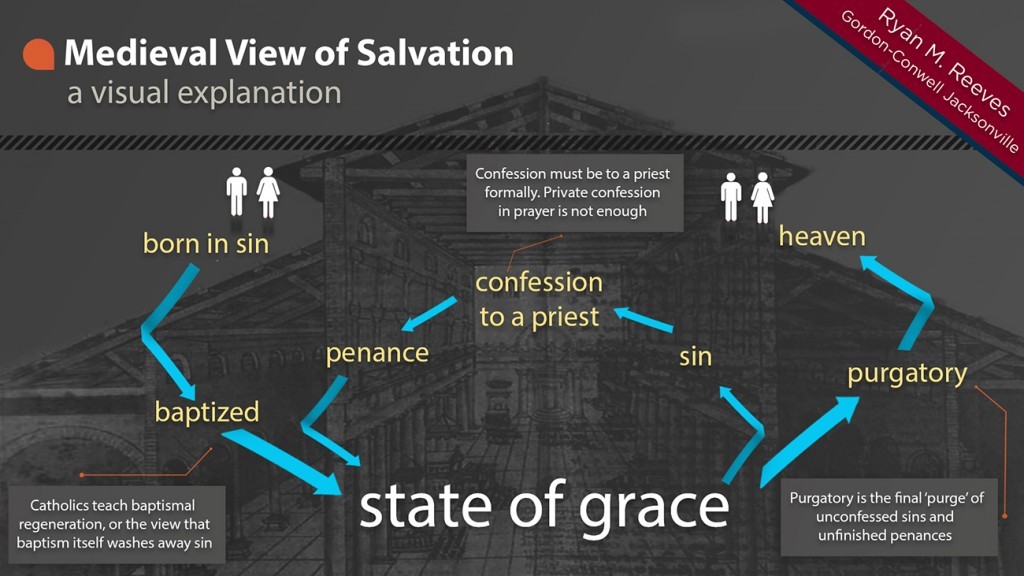 Dr. Sam Storms’ article entitled “HYPER-GRACE AND OUR SPIRIT-EMPOWERED EFFORTS TO PLEASE GOD” – original source there is nothing that Christians can do that displeases the Lord. God is always pleased with us because of who Christ is and what he has done. We can never grieve the Lord except by failing to receive and rely upon his grace. Hyper-grace teachers insist that there is nothing we can do as Christians either to “please” God with our behavior or “displease” him by our moral disobedience. Says one hyper-grace author:
Dr. Sam Storms’ article entitled “HYPER-GRACE AND OUR SPIRIT-EMPOWERED EFFORTS TO PLEASE GOD” – original source there is nothing that Christians can do that displeases the Lord. God is always pleased with us because of who Christ is and what he has done. We can never grieve the Lord except by failing to receive and rely upon his grace. Hyper-grace teachers insist that there is nothing we can do as Christians either to “please” God with our behavior or “displease” him by our moral disobedience. Says one hyper-grace author:
“My bad works don’t move God any more than my good works move Him. He simply isn’t moved by ‘works’ of any kind. If you are motivated to do a great work for God, good luck!”
Again, he writes:
“Do good, God is glad; do bad, God is mad” is the M.O. of legalistic Christianity. I curry favor with God by good works and incur His displeasure by sinning. . . . It is utterly heathenish and deadly wrong.”
Well, when put like that I would agree. But the fact of the matter is that God is glad when we, by his grace, do good. And God is displeased when we sin.
Before we look at those texts, it would be helpful to remember that there is genuinely a sense in which God is always and eternally pleased with Christians. When it comes to our status as justified in God’s sight, we are pleasing to God. He has imputed or reckoned the righteousness of Jesus to us and always sees us in his Son. In that sense, God is certainly always pleased.
Likewise, when it pertains to any of the other glorious truths related to our “eternal union” with God, such as our adoption as his beloved children, the forgiveness of sins we have through faith in Christ, our redemption, our reconciliation, etc., we can confidently say (and rest in the truth) that God is “pleased” with us.
But when it comes to our “experiential communion” with Christ, that is to say, when it comes to our daily response to the many biblical exhortations and commands, we are most assuredly able either to please him or to displease him. That we can “displease” God through disobedience and the refusal to repent does not mean our eternal union with him is rescinded. Neither is it the case that when we “please” God by our obedience to his commands our status as his beloved children is increased or our justification is somehow enhanced or made more secure or that now, because of our obedience, God loves us more than he did before.
So, by all means we should strive to please God. But our striving must be in the power that God supplies. Flesh-driven efforts in which we “pull ourselves up by our bootstraps” or attempt in the strength of our own will power to make God smile are entirely out of line. We can only “please” God when our obedience is initiated, sustained, and empowered by the grace of God’s Holy Spirit who indwells us. Continue reading


